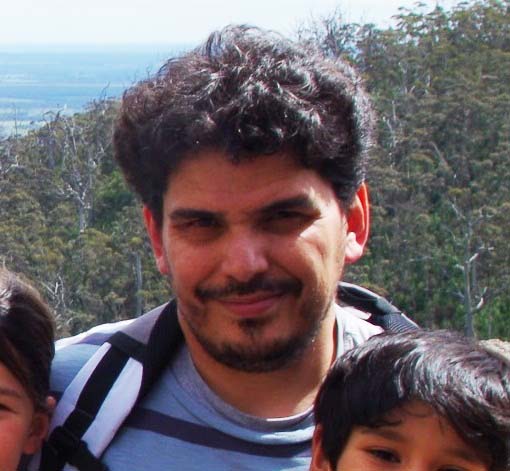We’ve all been there. We stay up late and skip a few hours of sleep or go out on an all-nighter and forget sleeping altogether.
But missing out on your sleep, even a few hours, can have some long-lasting consequences in your body. Lack of sleep could increase your chances of developing hypertension, diabetes, obesity and even depression.
Skipping a few Z’s can even affect the function of genes involved in a myriad of processes.
For example, a 2013 study identified more than 700 genes that had their function altered by lack of sleep. A 2016 study found that sleep deprivation also affects genes involved in cholesterol metabolism and our response to injury.
Now it turns out your brain also suffers when you skip a good night sleep.
A sleepy brain is a sluggish brain
Have you ever walked out of your house leaving something important behind, like your keys or even your kids? Or have you ever spaced out while driving just for a second and almost hit the car in front of you?
These cognitive and behavioural lapses are commonplace for anyone experiencing chronic lack of sleep. But until now, no one really understood how exactly a lack of sleep affected neural activity.
To address this question, a team of researchers focused on the medial temporal lobe, a brain region critical for long-term memory.
Researchers measured neuronal activity in a group of people before and after sleep deprivation while they completed a series of facial recognition tests.
For the test, participants had to categorise different images as quickly as possible. The study revealed that, as participants became more and more sleepy, the test became more challenging.
Their neurons became lazier too. “We were fascinated to observe how sleep deprivation dampened brain cell activity,” said lead author Yuval Nir from Tel Aviv University in a press release.
“Unlike the usual rapid reaction, the neurons responded slowly and fired more weakly, and their transmissions dragged on longer than usual,” he said.
The study is the first to show how sleep deprivation disrupts neuron to neuron communication.
“This work shows that the changes during sleep deprivation really affect the neurons/neuronal networks of our brain, making them slower and less effective,” says Tarja Stenberg from the University of Helsinki, Finland.
Driver reviver
According to Itzhak Fried from the University of California in Los Angeles who led the study, a similar problem can occur when driving while sleep deprived. You could notice a person walking in front of the car, but everything would be in slow motion.
“The very act of seeing the pedestrian slows down in the driver’s overtired brain,” Itzhak says. “It takes longer for his brain to register what he’s perceiving.”
Itzhak says that, along with the sluggish neuronal activity, they also detected slower brainwaves. These lazy waves were responsible for participants’ reduced brain activity and performance of tasks.
“This phenomenon suggests that select regions of the patients’ brains were dozing, causing mental lapses. Meanwhile, the rest of the brain was awake and running as usual,” he adds.
The main implication of this study is on prevention. “Lack of sleep is a very dangerous source for severe accidents in shift work and traffic,” says Tarja. “We really should pay serious attention to our sleep,” she adds.









